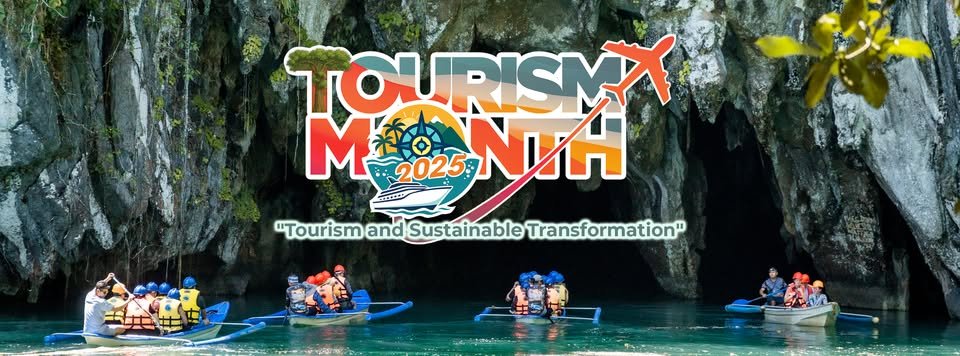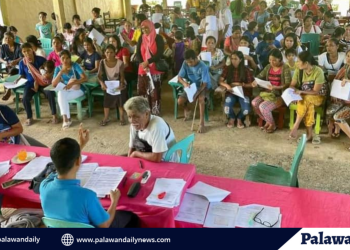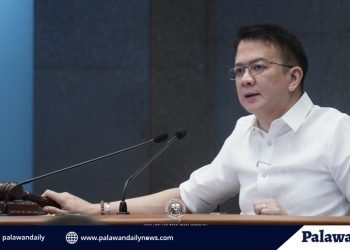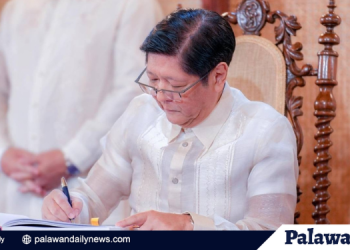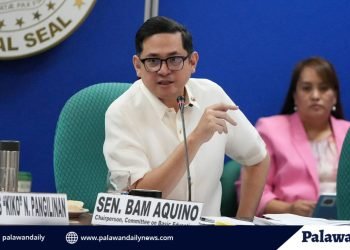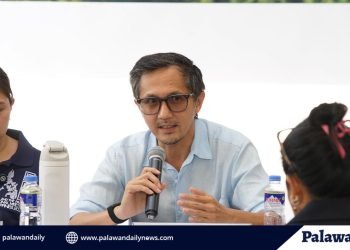To sharpen collective efforts against illegal maritime activities and reinforce multilateral coordination in one of the world’s most contested waterways, the University of Rhode Island and the Armed Forces of the Philippines-Western Command (WESCOM) convened a high-level, two-day workshop with key Philippine agencies this week in Puerto Princesa City.
The event, titled “Maritime Stakeholders’ Info-Sharing and Agreements on Illegal Activities in the Western Philippines Exclusive Economic Zone (EEZ),” took place from May 15 to 16 at the Rizal Reef Hall, inside WESCOM headquarters. Behind the closed doors of the hall, uniformed personnel, civilian officials, and diplomats engaged in urgent discussions about maritime law enforcement and sovereignty, drawing from both local realities and international support.
The presence of U.S. Ambassador to the Philippines MaryKay Carlson on the workshop’s second day added a pointed diplomatic undertone to the event. Carlson, who observed the workshop’s proceedings and heard firsthand from Philippine interagency representatives, was formally welcomed by WESCOM Commander Vice Admiral Alfonso F. Torres Jr.
Among the agencies represented were the Provincial Government of Palawan, Bureau of Fisheries and Aquatic Resources (BFAR), Palawan Council for Sustainable Development (PCSD), the 2nd Special Operations Unit of the Philippine National Police Maritime Group, and the Coast Guard District Palawan. Together with WESCOM, they mapped out critical pathways for interagency data-sharing, real-time surveillance coordination, and joint enforcement operations—capabilities increasingly vital amid reported incursions and illegal activities in the Western Philippine Sea.
The workshop emphasized actionable agreements, not just theoretical frameworks. According to organizers, enhancing operational synergy across agencies is key to stopping poaching, unauthorized resource extraction, and territorial violations within the Philippine EEZ.
WESCOM, the military’s front-line guardian in Palawan, has long been at the heart of the country’s maritime defense. The Command reiterated its unwavering commitment to building international partnerships and strengthening local enforcement capabilities.
In a statement, WESCOM emphasized that “these efforts are essential to improving capabilities of various agencies to collectively protect the country’s maritime domain and assert its sovereignty in the Western Philippine Sea.”
The workshop follows a string of joint exercises and multilateral engagements between the Philippines and its allies in recent months, amid heightened regional friction, particularly in the South China Sea.
While the workshop ended without a signed public declaration, stakeholders hinted those future engagements would focus on formalizing shared protocols and further institutionalizing the information-sharing mechanisms laid out during the event.



